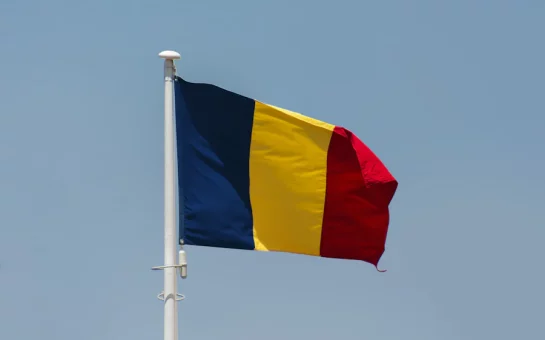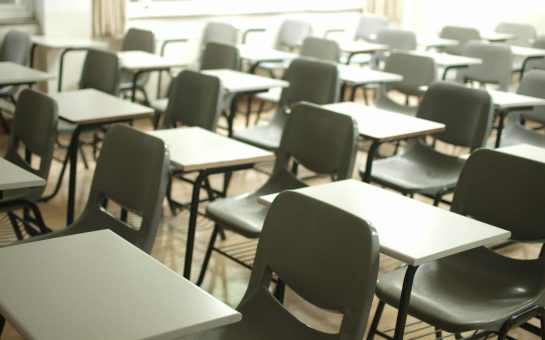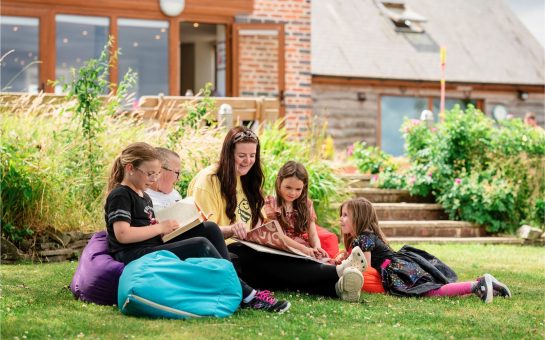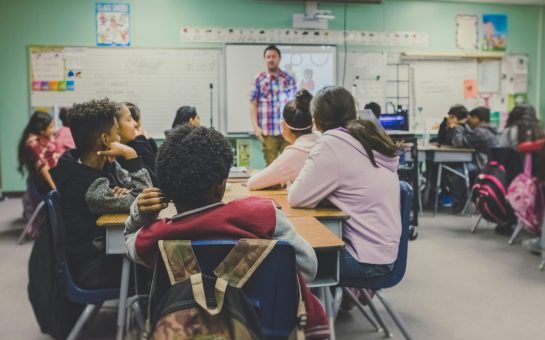The largest independent schools group in London bought ten more nurseries last week.
Dukes Education was founded in 2015 by its current owner Aatif Hassan, 42, but already boasts a portfolio of over 40 private schools and nurseries, the majority of which are in south west London.
Hassan bought The Kindergartens on 30 September from Carol Evelegh, 64, who had run the nurseries since her late-husband Philip founded them more than 30 years ago.
Evelegh said: “It was always going to be difficult for me to ‘let go’ of a business Philip started and then we as a family had run.
“The Kindergartens has been a huge part of our lives and more than just a business to us, it was like an extended family.”
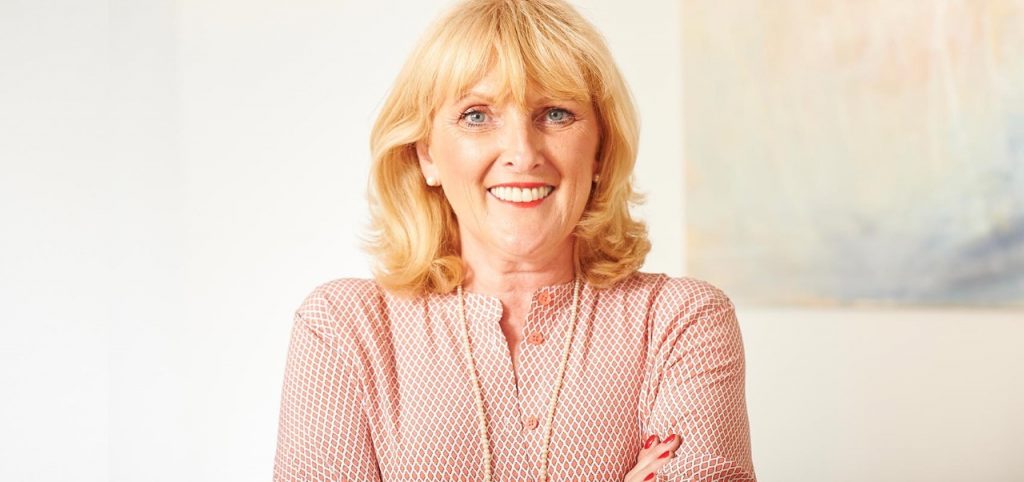
After 44 years of teaching, Evelegh said she looked forward to a new challenge and had no doubt Dukes Education would maintain The Kindergartens’ exceptional standards.
All ten of The Kindergartens, which cumulatively cater to approximately 500 children, boast Outstanding Ofsted reports.
They are known for advancing children into London’s best prep schools and have featured twice in Tatler’s top ten nursery schools in the UK.
The Kindergartens sale generated strong competing interest not least because of the assets involved, with sites in locations such as Kensington, Fulham, Wandsworth, Clapham, Battersea and Notting Hill.
It comes off the back of several other recent purchases, including two Eaton House schools which joined the Dukes Education empire in June, and Grade-II listed Kneller Hall in September, which will become Radnor House’s new Upper School.
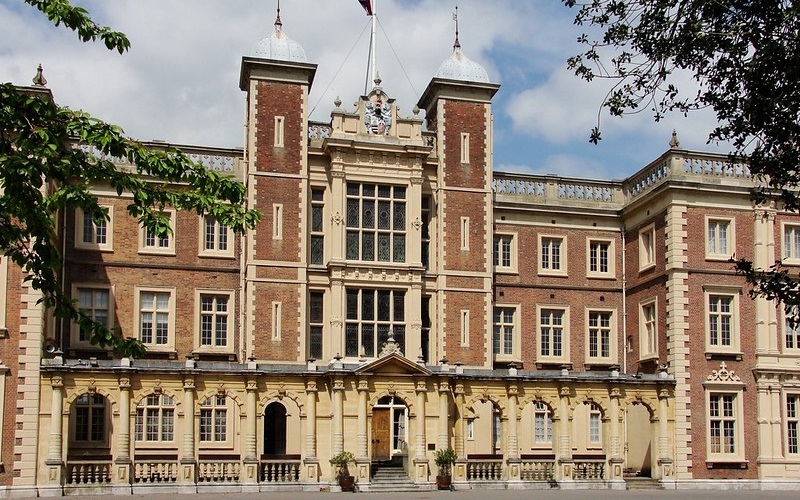
Hassan confirmed that Dukes Education plan to continue expanding, both by opening new schools and nurseries and possibly buying other high quality, complementary institutions that appear on the market.
Early-education specialist Professor Eva Lloyd OBE from the University of East London contextualised all this within wider trends of the private education sector.
She said: “At the moment, the childcare market is precarious as a result of the pandemic, so it’s an interesting market to invest in. You’ve got to be jolly confident.
“Private investors can borrow money primarily on the basis of physical assets and are allowed to accumulate huge debts.
“When that happens, it doesn’t take much for things to start going wrong, and we’ve seen spectacular collapses.
“The more a particular organisation gets a dominant position in an area, the greater the risk.”
Lloyd explained that several large chains were hoovering up educational institutions due to the sector’s current instability.
She said: “These are what I call distress sales. Owners can see that they’re not going to survive.”
She said the British education system is characterised by ingrained and increasing inequality, noting that institutions continue to cater specifically to monied elites while one in three children lives below the poverty line.
However, Hassan insisted that his schools and nurseries serve the community through charity work and collaboration.
He said: “This notion of division is just not helpful. The bigger question is how we can engage with the state sector so every child benefits.
“We recognise that we are blessed and privileged in our abilities to operate schools with the resources that we have, so we’re positively contributing to education across the nation.”
Hassan cited Poetry Together, a poetry festival funded by Dukes Education and launched by the Duchess of Cornwall and Gyles Brandreth, as an example of this, as it involves state-educated children too.
He said: “Parents choose our schools because they want a real sense of values, and I think one of the key values is this sense of service.
“Each school has its own charity committee which engages with projects abroad and locally. Each school does their bit.”
For Lloyd, what charitable contributions private schools made were nevertheless marginal next to the extent of need that existed among children excluded by extortionate fees.
She said: “Systems like these make inequalities greater.”
